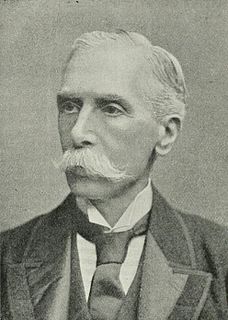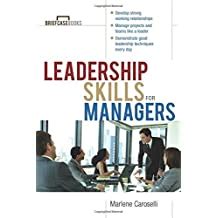A Quote by Alfred Austin
Perhaps a maiden's bashfulness is more A matron's lesson than our lips aver.
Related Quotes
There is no doubt about it: we are judged by our language as much as (perhaps more than) we are judged by our appearance, our choice of associates, our behavior. Language communicates so much more than ideas; it reveals our intelligence, our knowledge of a topic, our creativity, our ability to think, our self-confidence, et cetera.
Taking his time, as though he has all of it in the world, in the universe, from the days when tales meant more than they do now, but perhaps less than they will someday, he draws a breath that releases the tangled knot of words in his heart, and they fall from his lips effortlessly. "The circus arrives without warning.
To love one maiden only, cleave to her, And worship her by years of noble deeds, Until they won her; for indeed I knew Of no more subtle master under heaven Than is the maiden passion for a maid, Not only to keep down the base in man, But teach high thought, and aimable words And courtliness, and the desire of fame, And love of truth, and all that makes man.
Ah! on Thanksgiving day, when from East and from West, From North and South, come the pilgrim and guest, When the gray-haired New Englander sees round his board The old broken links of affection restored, When the care-wearied man seeks his mother once more, And the worn matron smiles where the girl smiled before. What moistens the lips and what brightens the eye? What calls back the past, like the rich pumpkin pie?
Certain mystes aver that the real world has been constructed by the human mind, since our ways are governed by the artificial categories into which we place essentially undifferentiated things, things weaker than our words for them. We believe we invent symbols. The truth is that they invent us; we are their creatures, shaped by their hard, defining edges.
No cause more frequently produces bashfulness than too high an opinion of our own importance. He that imagines an assembly filled with his merit, panting with expectation, and hushed with attention, easily terrifies himself with the dread of disappointing them, and strains his imagination in pursuit of something that may vindicate the veracity of fame, and show that his reputation was not gained by chance.







































